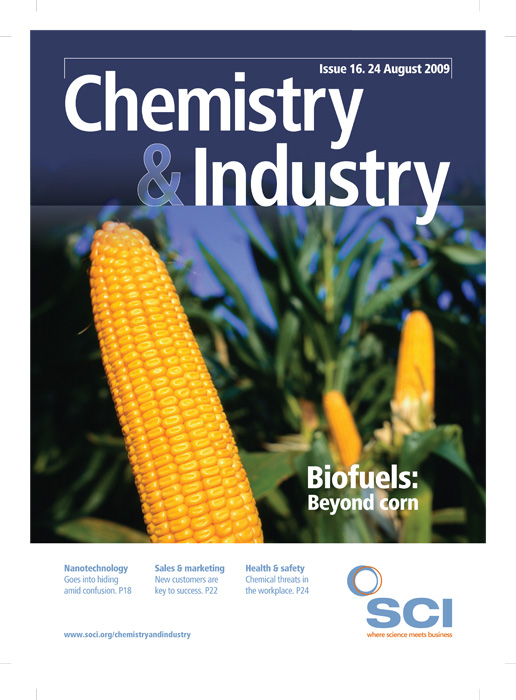The US has made a major push to
become a serious player in lithiumion
batteries for hybrid and electric
vehicles, by doling out a series of grants
totalling $2.4bn. The grants are part
of US President Obama’s plan to move
the US economy away from fossil fuels
and create thousands of ‘green’ jobs.
‘If we want to reduce our dependence
on oil, put Americans back to work
and reassert our manufacturing sector
as one of the greatest in the world,
we must produce the advanced,
efficient vehicles of the future,’ said
President Obama.
The grants, which are part of the
American Recovery & Reinvestment
Act, breakdown into three areas:
$1.5bn will go to US-based
manufacturers to produce a range
of batteries, including lithium-ion,
and their components, as well as
expanding battery recycling; $500m
for battery producers to produce
electric vehicle drive components;
and $400m to buy and test electric
and hybrid vehicles and provide
workforce training.
Benny Daniel, a consultant for
Frost & Sullivan, says that this push
to develop battery manufacturing
capacity in the US is all about energy
independence. ‘The US doesn’t want
Chinese manufacturers dictating the
price [of batteries],’ he says. Increasing
the manufacturing base for lithium-ion
electric and hybrid vehicle batteries
could rapidly bring the price down.
Daniel predicts that costs per cell could
fall by as much as 70% by 2015.
Amongst the recipients of the
grants are several chemical companies,
including BASF Catalysts, Dow Kokam
and Honeywell. Dow Kokam is a joint
venture between US chemical giant
Dow, Korean lithium battery producer
Kokam and Townsend Ventures,
the sustainable energy division of
investment firm Townsend Capital.
The joint venture will receive a $161m
grant to produce manganese oxide
cathode lithium-ion batteries for hybrid
and electric vehicles, with plans for a
facility, slated to begin production in
2011, which will produce 600,000
cells/year. Honeywell received a
$23.3m grant to produce lithium
hexafluorophosphate electrolyte salts
for lithium-ion batteries.
Daniel says that these grants tackle
three problems: the cost of batteries/
kWh, additional research into lithiumion
solutions and creating a strong
manufacturing base for batteries.
‘The way forward will be the chemical
solution,’ he says. ‘If you look at
battery development it is limited by
the periodic table – there’s only so
many elements to play with. Nanotech
can help improve this.’
The allocation of grants coincides
with the unveiling of Chevrolet’s Volt
(pictured), a hybrid that it is claimed
will achieve an impressive city driving
fuel economy of 230 mpg. However,
this fuel economy figure is based on
the fact that the Volt can drive around
40 miles on its lithium-ion batteries
before needing to dip into its petrol
fuel tank.
Ying Wu, senior analyst at Lux
Research, says: ‘So far this year, battery
companies have raised over $600m
in venture capital, which is already a
huge increase over the $478m invested
in 2008.’ Lux Research predicts that
the market for advanced battery
technologies for electric vehicles, the
power grid and other uses will grow to
$60bn by 2013.





